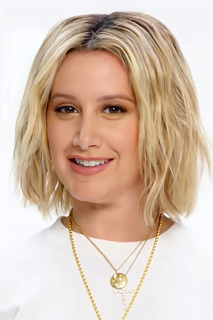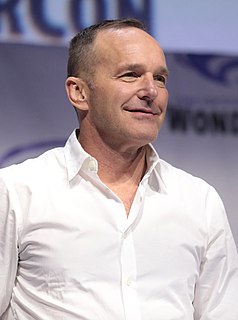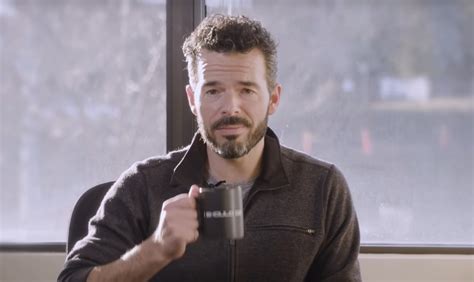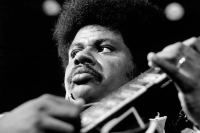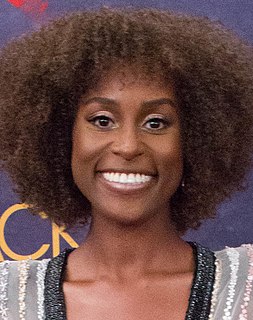A Quote by Mary Beard
A lot of people will always say, 'I really know nothing about the ancient world.' But there's lots and lots of things people know. Partly, they've been encouraged to think they're ignorant about it. In some ways, the job to do is show people that they know much more than they'd like to admit.
Related Quotes
One of the things I've found really interesting about the show is that a lot of people really relate to our animal characters, more than we thought they would. Part of that is, because they are animals, people project themselves onto them. If BoJack just looks like Will Arnett, people go, "Oh, I know who that guy is. That's a Will Arnett type." But because he's a horse, people can go, "Oh, I'm kind of like him in some ways."
But obviously, things have changed in many ways since the '50s, when the show is started, in terms of sexuality, and how much access we have to images of it and information about it. But, the same problems always apply. It doesn't matter whether we know a lot more about sex now or if there's a lot more access to it. The same problems of intimacy, of dealing with other people, of connecting and being vulnerable with other people, which is what the show is ultimately about, still applies now, I think.
CBT is really a miracle. I've seen it help a lot of people, and one of the reasons I'm speaking out is that I don't feel like enough people know it. Through my work, I constantly come across other people who have various forms of anxiety or panic - it's much more common, I think, than people realize - and not all of them even really know about CBT.
I’m not really afraid to be my awkward self, and I know there’s lots and lots of other people just like me out there that are awkward themselves. And I think they just appreciate that I’m not afraid to say the weird things that I say and tweet the obnoxious things that I tweet. But I’ve tried being other people and myself suits me the best. I think you just be honest. I think people respond to honesty.
We can create the sensation of community through the accrual of actions, and that's often the clichéd way that storytelling is talked about, as someone taking a solo, and that's great for lots of reasons. But I don't really like to feel like I'm forced to listen to it in a certain way, or that there is one master reading of performance. I think what we want from performance is multiplicity, which is lots of ways in and through it, because it's for lots of people, and it was created by lots of people, often.
It's more like there are some really obvious things that are different and then lots and lots of smaller things, lots of things about who lives and who dies, civilizations that rose and fell, all the way down to individual characters. That becomes the state of where you left your galaxy. The endings have a lot more sophistication and variety in them.
I believe in knowing all you can about the music and the people who made the music. I think it's much more important to know some good Miles Davis stories than to know how to play like Miles. I think you'll play better if you know some of the funny things he did than if you know the licks that he played.
I think it's really easy for people to point out hypocrisy in people's lives. It's like yeah, I get on planes a lot, and I drank from a plastic water bottle today - you know what I'm saying? A lot of people would just be like, "Oh, you're a hypocrite. You live in an ecovillage for a month, and then you fly around the world to talk about a movie." Don't think that I don't think about those things! Don't think that that's not, like, a quandary in my life. It can be a pretty intense ethical dilemma. I think it's about figuring out, you know, navigating life.
You know, you have a lot of people - I've met a lot of people in the past, I've gone to private schools, you know, encountered different people who think that it's OK to make comments, insensitive comments about your race because they're joking. And think that if they're joking and they say it, you know, good-naturedly, that things will fly.
I always worry that I'm a dilettante: I know something about lots of things but don't have exhaustive knowledge of much. Take dance music: I like enough of it and its history to be able to say a word or two about this or that record, but I'm nobody's authority. I couldn't name more than a couple of good drum'n'bass acts, and I have no idea what's big in the dance world right now.

